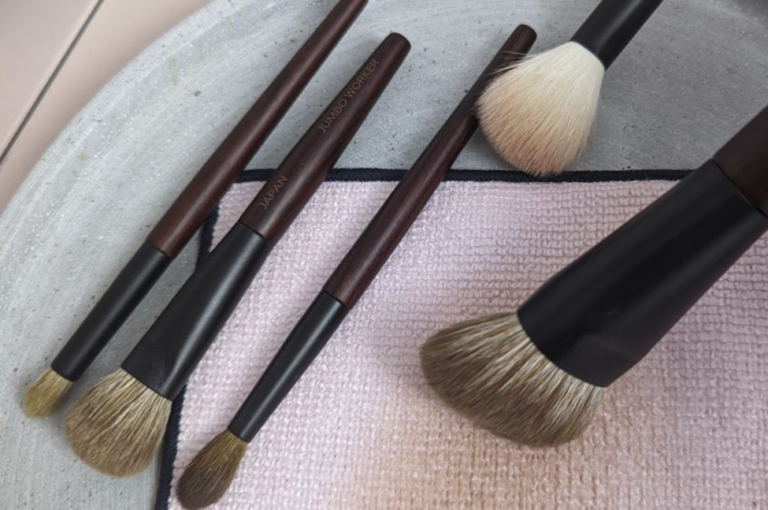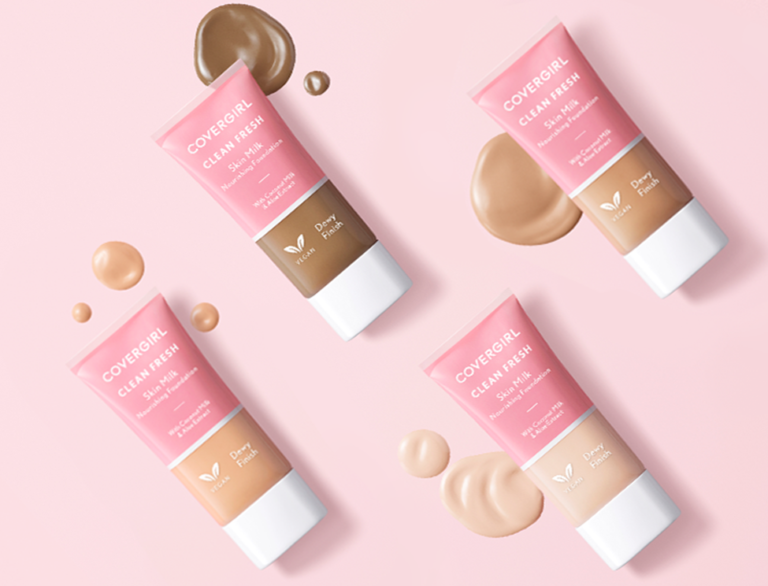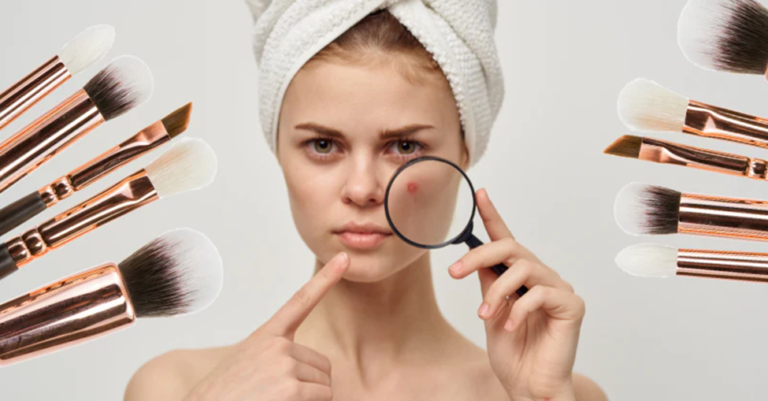Jojoba Oil Side Effects: What You Need to Know Before Using It
Jojoba oil is a commonly used cosmetic component. It is popular for several reasons. It moisturizes, reduces oil production, and cures acne. However, like with any product, it is critical to be aware of the potential side effects. Let’s have a look at the possible side effects of jojoba-oil on the skin.

Potential Side Effects of Jojoba-Oil
Although jojoba-oil is gentle, there are a few possible side effects. It is important to be aware of these, especially if you have sensitive skin.
1. Allergic Reactions
One of the most common side effects is an allergic reaction. Some people are allergic to certain ingredients in jojoba-oil. If you have allergies to plants in the Simmondsia family, you may be sensitive to jojoba-oil.
An allergic reaction can cause redness, swelling, and itching. More severe cases may cause hives or a rash. To avoid this, always conduct a patch test before applying jojoba-oil to your face or body.
To perform a patch test, apply a small amount of jojoba-oil to a small area of your skin. Wait 24 hours to check for any reactions. If you experience irritation or discomfort, stop using the oil.

2. Breakouts for Some Skin Types
While jojoba-oil is known to be non-comedogenic, it can still cause breakouts for some people. This happens especially when the oil isn’t fully absorbed by the skin. If your skin doesn’t absorb it well, it may sit on the surface and clog your pores.
People with oily or acne-prone skin may be more likely to get outbreaks. Jojoba-oil can help balance oil production; however, it may not be suitable for everyone. If your breakouts worsen, stop using the product and see a dermatologist.
3. Irritation for Sensitive Skin
Although jojoba-oil is often recommended for sensitive skin, some individuals may still experience irritation. This is rare but possible. If you have extremely sensitive skin, jojoba-oil might cause discomfort.
Irritation symptoms may include redness, itching, or a burning sensation. If you have these symptoms, discontinue using the oil right away. If the inflammation persists, seek medical attention.
4. Eye Irritation
Jojoba-oil is safe for most areas of the face and body. However, it may cause irritation if it comes in contact with the eyes. If you use jojoba-oil near your eyes, take care to avoid getting it in your eyes.
When you accidentally get jojoba oil in your eyes, rinse thoroughly with water. If irritation continues, seek medical attention.
5. Overuse Can Lead to Oily Skin
While jojoba-oil is beneficial for hydrating, absorbing too much might make your skin oily. This is particularly relevant for those who already have oily skin. Regular consumption of any oil might result in blocked pores and outbreaks.
To avoid this, apply jojoba-oil sparingly. A few drops are typically sufficient to moisturize your face. If you have oily skin, try using jojoba-oil exclusively at night, when your skin can better absorb it.
6. Sensitivity to Sun Exposure
There is no direct evidence linking jojoba oil to increased sensitivity to the sun. However, it is always a good idea to take precautions when using oils on your skin. Some oils, though not jojoba specifically, can make the skin more sensitive to UV rays.
If you intend to spend time in the sun, be sure to use sunscreen. This will protect your skin from damaging UV rays.
Who Should Avoid Using Jojoba Oil?
Jojoba oil is beneficial to most people. However, certain people may need to avoid it. If you are allergic to plants in the Simmondsia family, avoid using jojoba oil.
Jojoba oil may also be harmful to those with certain skin disorders. Jojoba oil may aggravate the skin of those with severe eczema, psoriasis, or rosacea. Before using any new products, see your doctor or dermatologist.
How to Use Jojoba Oil Safely
To minimize side effects, it’s important to use jojoba oil correctly. Start by doing a patch test. Apply a small amount to your wrist and wait for 24 hours. This will help you determine if you have any allergic reactions.
If you are new to jojoba oil, start with a small amount. Apply a few drops to your face and massage it’s in. Gradually increase the amount if your skin responds well.
To avoid irritation, do not use jojoba oil near your eyes. Always use a soft touch and avoid vigorously rubbing the oil into your skin. If you combine jojoba oil with other products, check sure they are suitable.
Conclusion
Jojoba oil is typically considered harmless for most skin types. It provides numerous advantages, including hydration, acne therapy, and anti-aging qualities. However, some people may experience negative effects such as allergic reactions, rashes, or discomfort.
Always perform a patch test before applying jojoba oil on your skin. If you have sensitive skin, exercise caution and apply it sparingly. If you suffer any pain, stop using it and visit your dermatologist. With correct application, jojoba oil can be an excellent complement to your skincare regimen.
FAQ’s
Can jojoba oil cause breakouts?
Is jojoba oil safe for sensitive skin?
Can jojoba oil irritate the eyes?
Does jojoba oil cause allergic reactions?
Can using too much jojoba oil make my skin oily?






